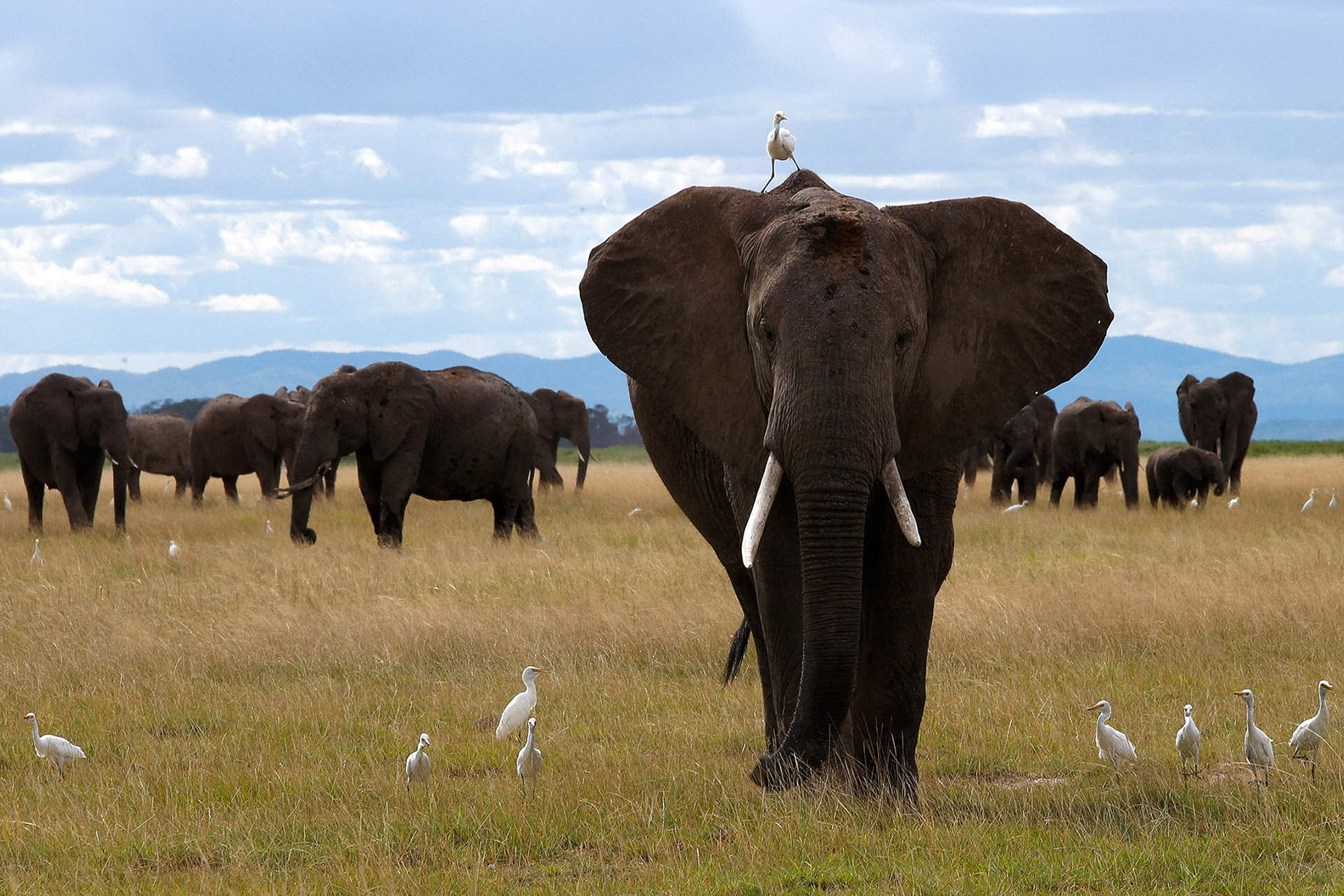Agricultural societies on the border between Malawi and Zambia are facing a new crisis after transferring more than 260 villas to the region as part of a project to protect wildlife. This transport caused catastrophic repercussions on the lives of the local population.
According to the lawyers who represent these residents, elephants arriving at least 12 people were killed and injured, in addition to destroying crops and property, which led to the deterioration of the living conditions of thousands of citizens.
Legal action against international organizations
The affected societies, some of whom live near the Kasango National Park on the border between the two countries, filed a lawsuit against the “International Wildlife Fund”, which contributed to the transfer of elephants to the region.
According to the British law firm “Lee Day”, which represents a number of residents, the affected people say their lives have become threatened by elephants’ attacks on homes and farms in search of food and water.

In July 2022, the organization carried out a huge transport operation that included 263 villas from a small national park crowded to the Kasango Park, which was witnessing a decrease in elephants due to overfishing.
The goal of this step was to reduce pressure on the small garden and enhance the biological diversity in Casango.
However, elephants, which is one of the largest wild animals, did not adhere to the artificial borders and penetrated into the vicinity, which resulted in the destruction of crops and damage to property.
The effects of the disaster on local communities
According to local organizations, more than 11,000 people were affected by this conflict between humans and animals.
Reports documented the destruction of crops and personal property, as well as injuries and loss of lives.
The financial damage incurred by societies was also estimated at millions of dollars, which made many population unable to support their families.
The affected by the International Wildlife Fund, who played a role in financing and coordinating the transportation process, is demanding measures to address the damage they were exposed to.
In the event of non -response, lawyers intend to file a lawsuit against the organization in a British court.
The role of the International Wildlife Fund
For its part, the “International Wildlife Fund” organization expressed its regret for the damage resulting from the conflict between the human and the animal in the region, but it denied that it had a role in the negative events that took place after the transfer of elephants.
The organization emphasized that its role was limited to providing financial and technical support, noting that the full responsibility for the management of national parks and wildlife in Malawi lies with the Mallawi government.

The challenges of protecting wildlife
This issue highlights the great challenges facing many African countries in achieving a balance between preserving wildlife and protecting human rights.
In recent years, the numbers of elephants in some parts of Africa have witnessed a noticeable increase thanks to successful efforts, but this increase has led to new tensions between humans and animals.
Elephants, which can consume 150 kilograms of plants and 200 liters of water per day, may cause great destruction in agricultural lands, and even destroy wells and stores in their search for food and water.
Wildlife or human rights?
Pressure on governments and international organizations is increasing to find balance solutions between preserving wildlife and the needs of local communities that are at risk of wild animals.
The case in Malawi and Zambia raises important questions about how to ensure that animal protection programs do not cause human beings who live in the same environment.
With the increasing conflict between humans and animals on the African continent, the need for more balanced policies and coordination between the parties concerned has become more than ever.
(Tagstotranslate) Varieties (T) Africa (T) Zambia (T) Malawi

